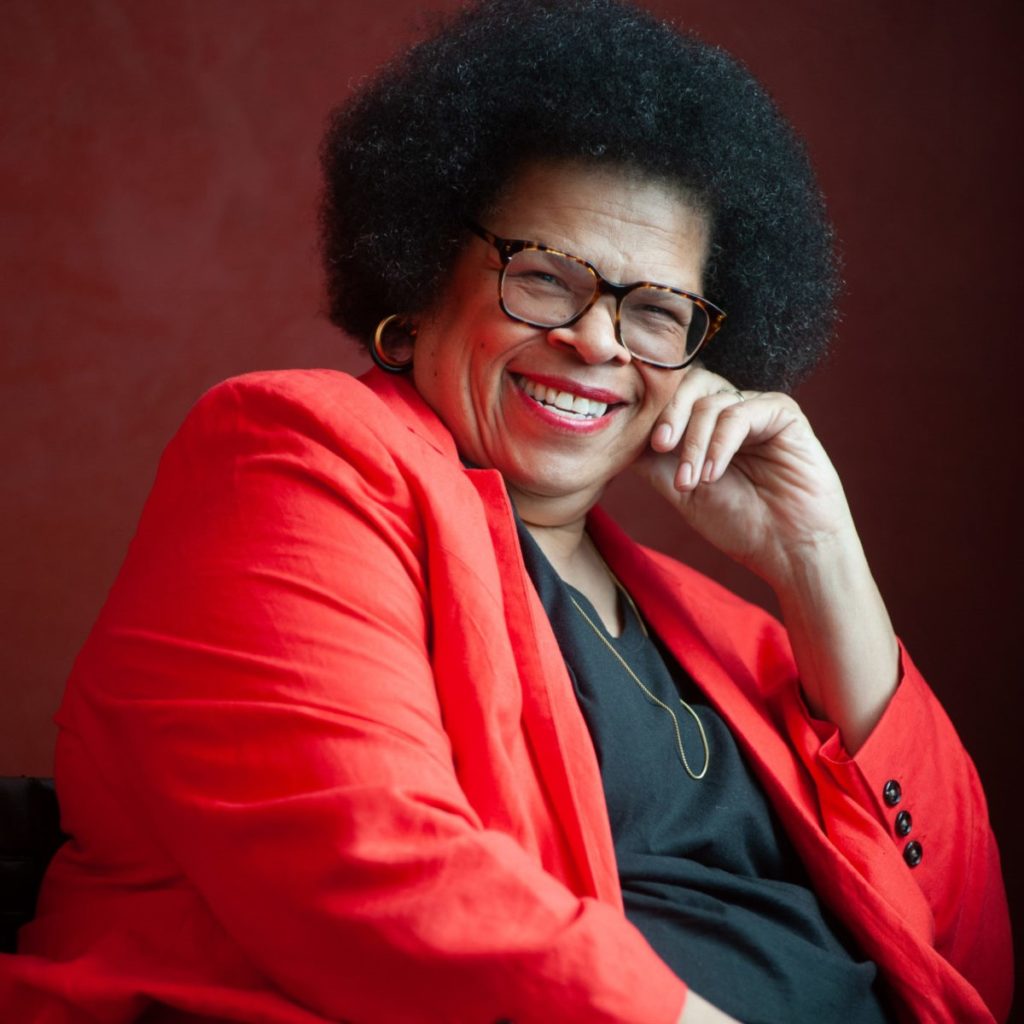
I have been receiving mental health treatment for bipolar I disorder for 38 years. In all that time, I have never had a Black therapist.
I’ve had doctors misunderstand me and tell me that I’m having a manic episode when I’m not. I’m a licensed engineer and a filmmaker. My doctors didn’t believe me. They couldn’t believe that a Black person could accomplish so much; They didn’t take me seriously. Because of this, I’ve had to change doctors frequently because so many do not understand the cultural implications of having a mood disorder as a Black person.
I accomplished all these things not because I live with bipolar disorder and have manic episodes, but because I have talent.
When I learned about the support groups DBSA has specifically for the Black community, I thought “I need to look this up right now.” My heart exploded. I haven’t stopped going to the support group since.
The support groups have helped me realize that I have strength other people do not. Because of my condition, I have had to overcome so much; That is strength.
The sense of community in the support groups helps with my stability and gives me validation for my experiences.
For me, the support groups are a place where we can let our hair down. We can talk about the things people say to us that make us feel bad. A lot of us have experienced the same types of discrimination and can say “Yeah, I’ve heard that too. I understand.”
In the Black community, there is an issue with stigma and your family not supporting you. We offer each other support because many of our families don’t understand the condition. With the support groups, it’s like we become a family to each other.
I still do experience discrimination. It’s still hard to find a Black therapist because of troubles with my insurance. But I know that I have a group of people who have had similar experiences to mine that I can lean on; people who understand where I’m coming from and can help me get to where I want to be.


